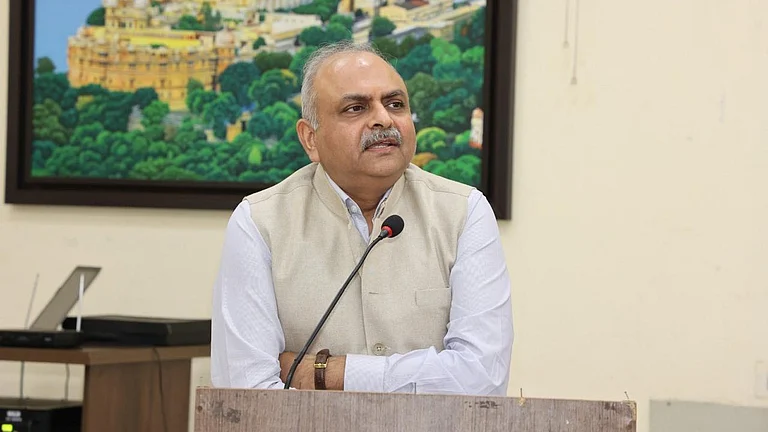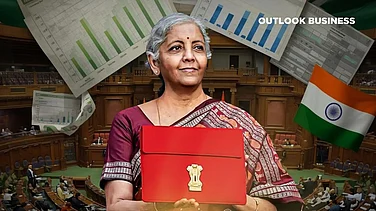From reducing settlement days to shifting expiry days, the Indian equity market has witnessed several adjustments last year. Despite these changes, the markets have not hesitated to achieve new highs.
A major portion of the equity market volume is concentrated in derivatives. As D-street eagerly awaits for the upcoming budget, a major focus among market experts is revolving around the Securities Transaction Tax (STT).
Last year, the government raised the STT by 23.52 per cent on the sale of options and 25 per cent on the sale of futures contracts.
However, analysts are looking for a reduction in the STT slate in the upcoming budget.
Sunil Nyati, Managing Director, Swastika Investment Ltd. believes that the capital markets are witnessing a robust momentum and the government should avoid policies disrupting positive sentiment. "There should be a reconsideration of the removal of either LTCG or STT to provide further support to the equity culture in India," he said.
Initially introduced as a temporary measure to prevent tax frauds in 2004, STT has evolved into a permanent income source for government finances.
However, the tax comes with its own benefits. For instance, one can obtain an STT certificate at the fiscal year-end, beneficial for claiming deductions from Short-Term Capital Gains (STCG).
Vaibhav Shah, Fund Manager, Torus ORO PMS believes that over the last few years, the removal of STT has always been on the top of the wishlist for investors. But with the rising participation and increase in more demat accounts, removal of STT may not be on the agenda.
"We feel that in order to encourage a favourable investment environment and discourage excessive trading specially for retail investors, Budget 2024 may look at the abolition of long-term capital gains even if that results into a slight increase in holding period for listed securities to qualify as long term. This may lead to higher investor participation and discourage trading activity in order to boost long-term investing mindset for investors," he added.
If the long-term capital gains from shares and equity-related instruments in India surpass Rs. 1 lakh in a fiscal year, they attract a 10 per cent tax rate. In the case of real estate, the applicable tax rate nearly doubles.
Considering the upcoming budget is interim owing to the upcoming elections, chances for adjustments might seem low.
"However, in general, the taxpayer expects the capital gains regime to be simplified in respect of the holding period, uniformity across asset classes, and treatment when categorized as business income," said Saurrav Sood, Practice Leader - International Tax and Transfer Pricing at SW India.
































